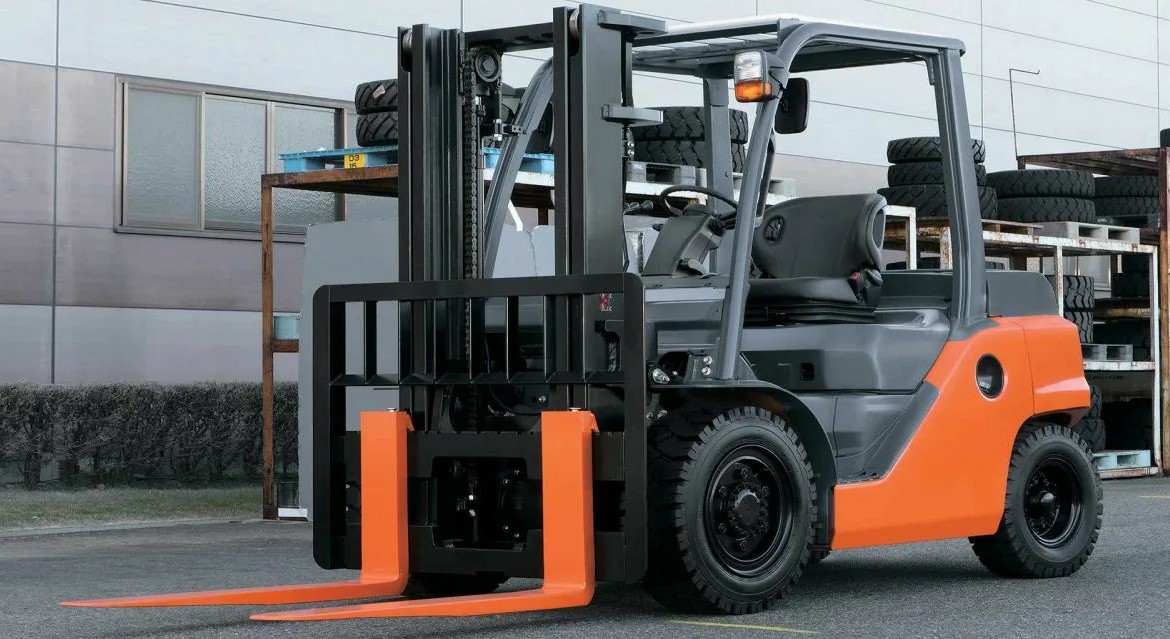
Tips for purchasing forklifts for efficient warehouse operations in Israel
Forklifts are essential tools for efficient warehouse operations in Israel. When purchasing a forklift, it is important to consider various factors to ensure you choose the right equipment for your specific needs. Here are some valuable tips to help you make an informed decision:
1. Assess Your Warehouse Needs:
Before purchasing a forklift, evaluate the specific requirements of your warehouse. Consider factors such as the type of goods you handle, the weight and size of the loads, the height of your racking systems and the layout of your warehouse. Understanding your needs will help you choose the type of forklift and its specifications.
2. Select the correct type of forklift:
There are different types of forklifts available, each designed to perform specific tasks. Common types include:
-
Balance Forklifts: Suitable for general warehouse tasks and available in electric, gas or diesel models.
-
Reach Trucks: Ideal for narrow aisles and tall racking systems, providing superior height and maneuverability.
-
Pallet jacks: Designed for moving pallets over short distances, often used in small warehouses.
{thirty} -
Order pickers: For efficient order picking and shelf placement.
-
Rough Terrain Forklifts: Designed for outdoor and rough terrain use, typically used in construction and agricultural applications.
Select the type of forklift that suits your warehouse's specific needs.
3. Consider the fuel type:
Forklifts are available with a variety of fuel options, including electric, gas, diesel and propane. The choice of fuel type depends on factors such as indoor or outdoor use, emissions regulations, and cost considerations. Electric forklifts are popular for indoor use due to their zero emissions and quieter operation.
4. Determine the load capacity:
Make sure the lift truck's lifting capacity matches your typical load size and weight. Overloading the forklift can cause accidents and equipment damage. Consider future growth in your lifting capacity requirements.
5. Rate the lift height:
Be aware of the maximum lift height your forklift must reach to access your storage racks. Forklifts come in a variety of lifting capacities, so choose one that suits your warehouse layout.
6. Think about maneuverability:
Evaluate the maneuverability of the forklift in the aisles of your warehouse. Narrow aisle forklifts or reach trucks are ideal for working in tight spaces, while rocker forklifts work well in open areas.
7. Prioritize operator comfort and safety:
A comfortable and safe operator is essential for efficient warehouse operations. Look for forklifts with ergonomic designs, adjustable seats, and easy-to-use controls. Make sure the forklift meets safety standards and is equipped with safety enhancements such as operator guards, seat belts, and backup alarms.
8. Check maintenance records:
For used forklifts, ask for maintenance records to assess their condition and how well they have been cared for. Regular maintenance is critical to the longevity and reliability of forklifts.
9. Explore brands and dealers:
Select reputable brands and dealers known for quality products and excellent customer support. Reading reviews and looking for recommendations will help you choose reliable options.
10. Budget and financing:
Create a budget for your forklift purchase and explore financing options if necessary. To make an informed decision, consider the total cost of ownership, including maintenance and operating costs.
By following these tips, you can confidently purchase forklifts that will increase the efficiency and productivity of your warehouse operations in Israel, while ensuring the safety of your staff and equipment.






